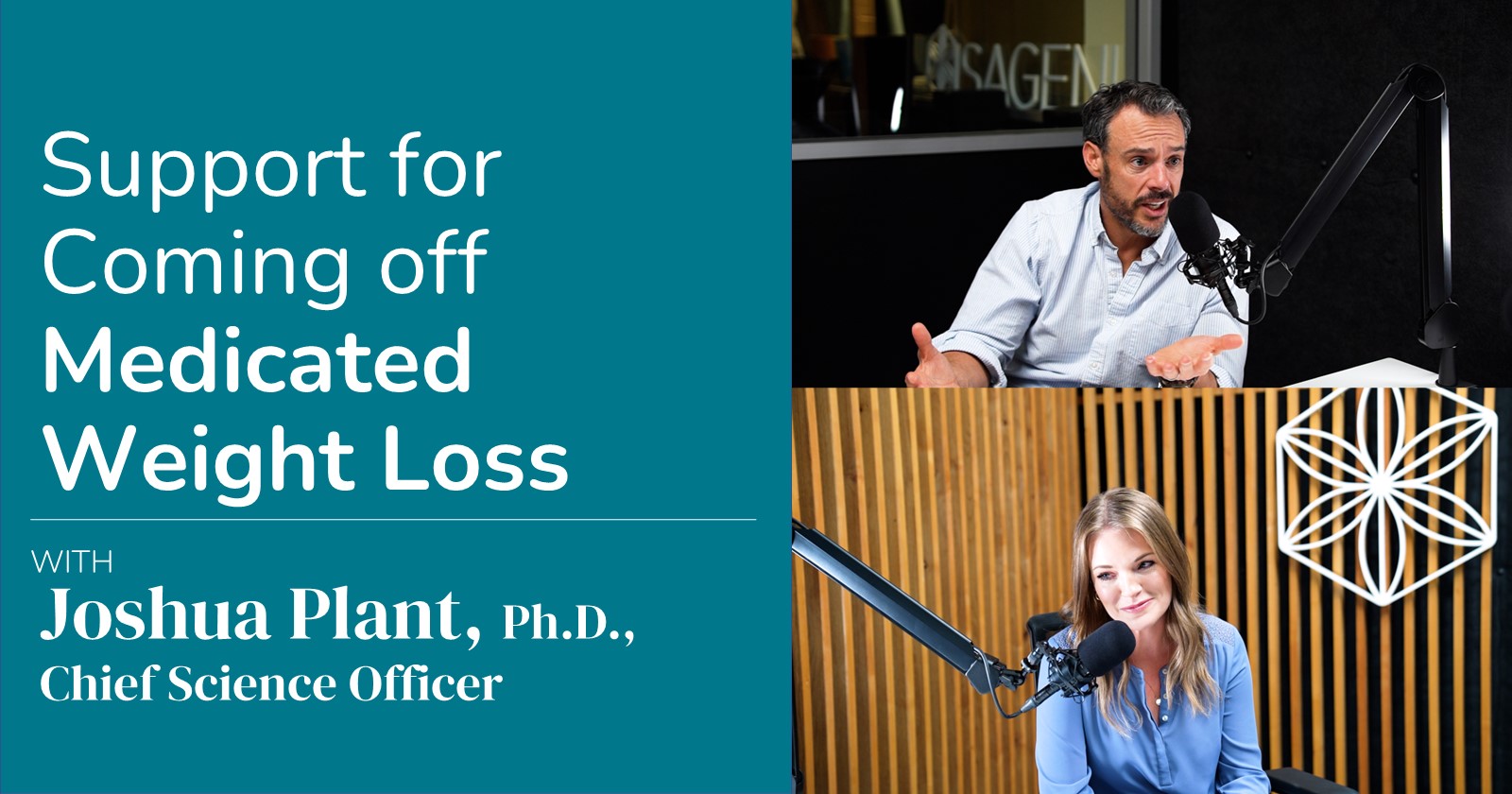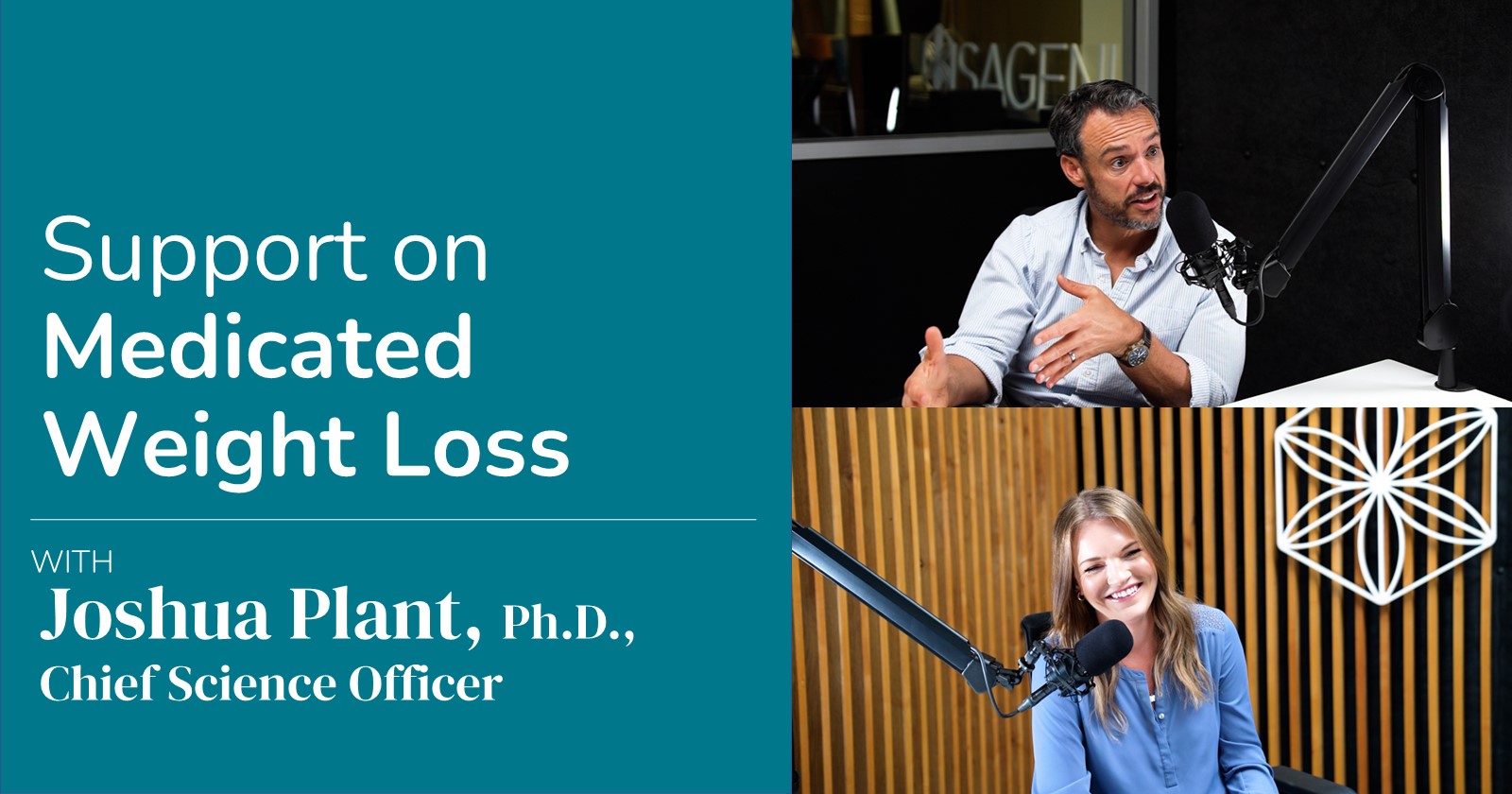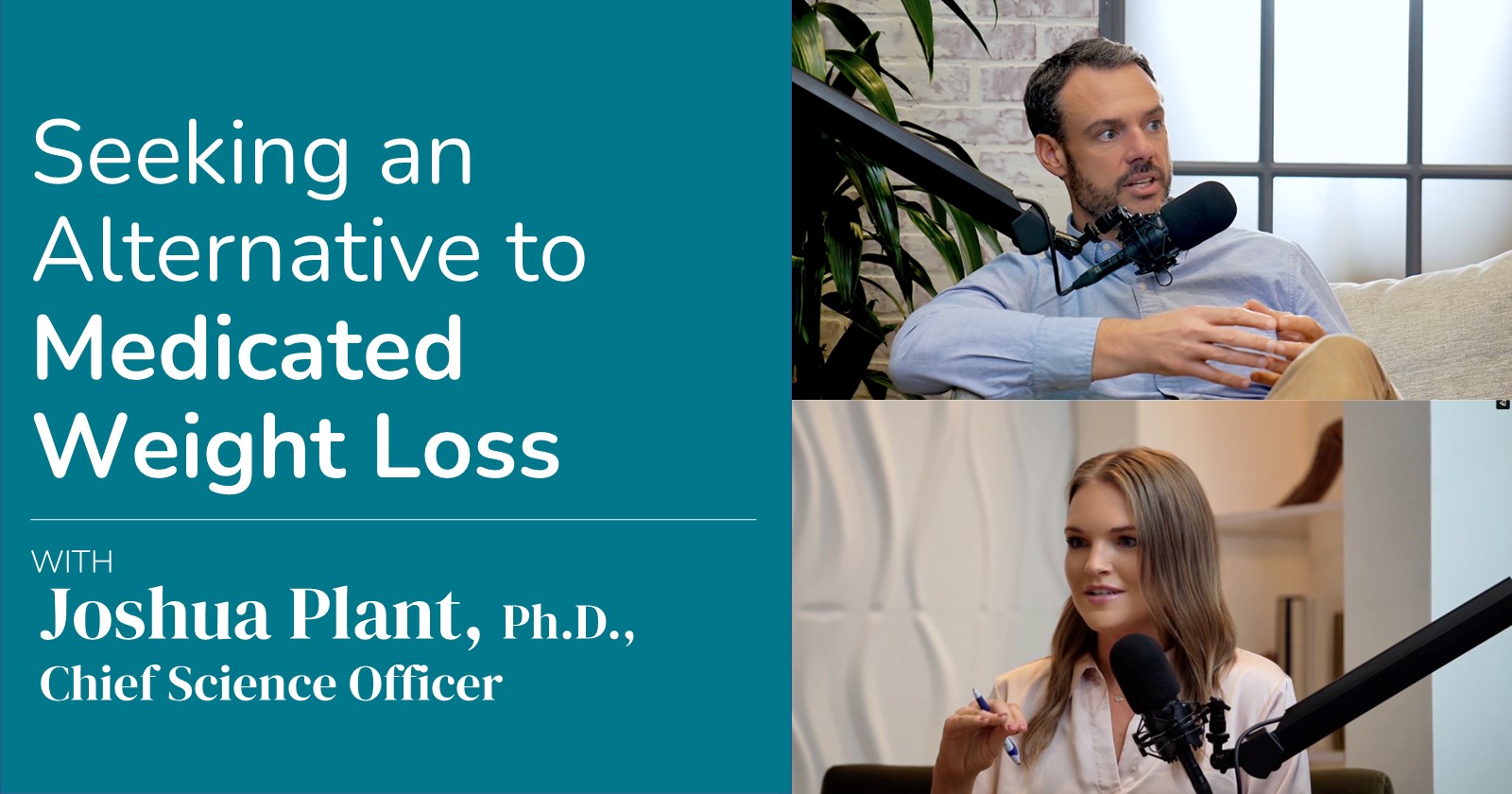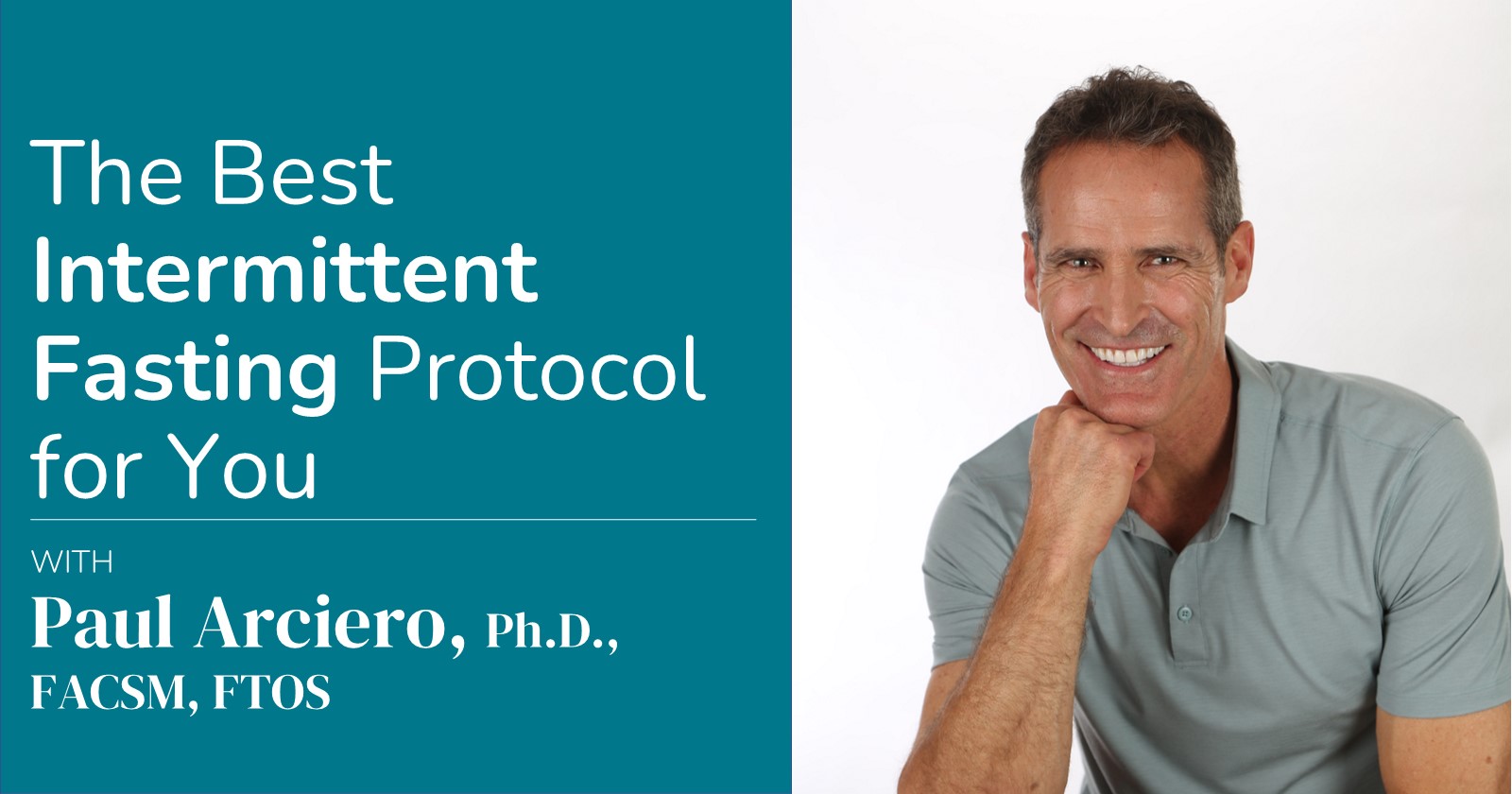Many seeking weight loss start out with the best intentions but will invariably have a hard time adhering to a weight loss diet that monotonously restricts their daily energy intake (1). Called continuous calorie restriction, most weight loss diets can fit under this definition. You can consume a heart-healthy diet, a Mediterranean diet, or even a low-carbohydrate diet, all effectively reducing the amount of food you eat each day.
However, increased hunger and more frequent eating are common issues with continuous calorie-restriction diets due to the constant food restriction. Over time, this can lead to frustration and weight regain. While this approach focuses on energy consumption and often diet quality, it doesn’t really address a very important part of diet: the frequency that we eat.
This is where different forms of time-restricted feeding and periods of fasting come in. In fact, intermittent fasting may be a more optimal approach as compared to continuous calorie restriction (2). While encouraging, there is so much information available regarding various forms of intermittent fasting and its potential health benefits that it can get very confusing deciding what might work best for you. How long should you fast? What should you consume before, during, and after your fasting period? What should you eat when not fasting? Are there supplemental products you can use when you are fasting?
First and foremost, intermittent fasting is essentially periods of voluntary abstinence from food and drink. While seemingly simple, for many this can appear contrary to what they’ve been told for years about diet. However, fasting is an ancient practice and is followed in a variety of different formats by populations globally. The current body of scientific literature continues to support an intermittent fasting-type diet as at least as effective as daily restriction of calories both for short and long-term interventions in terms of weight loss (2).
More specifically, intermittent fasting encompasses eating patterns in which individuals go extended time periods (usually 16 to 48 hours) with little or no energy intake, with intervening periods of normal food intake, on a recurring basis (3). Studies which reported adherence to the intermittent fasting days show a good level of compliance, meaning the participants stayed on the diet (4, 5). More importantly, intermittent fasting does not appear to lead to compensatory overeating on the nondieting days in any of the trials (4, 5).
Beyond the benefit of weight loss, fasting can also promote health through cellular and molecular mechanisms such as the activation of adaptive cellular stress response signaling pathways that enhance cell health and autophagy — a natural, regulated mechanism of the cell that removes unnecessary or dysfunctional components (6). Research has also shown that regular intermittent fasting supports metabolic, heart, immune, and brain health, among other things (7-12).
The Isagenix Approach
While the science behind intermittent fasting has shaped Cleanse Days, the overall structure of the Isagenix System goes beyond any other fasting protocol and answers many of the questions that confuse people when using this type of approach.
The Fasting Period
The Isagenix System supports some flexibility, but generally one Cleanse Day per week or two back-to-back Cleanse Days every other week has been used effectively for years and is backed by clinical research. For more information on how to set up your Cleanse Days, read this article.
Nutritional Support During the Fasting Period
One of the differentiating factors between a Cleanse Day and ordinary intermittent fasting is Cleanse for Life®. This phytonutrient-rich botanical beverage was designed to support and reinforce your body’s natural detoxification systems while providing a targeted amount of nourishment to help you feel energized. When used along with other convenient Isagenix dietary tools, Cleanse for Life helps you feel your best on Cleanse Days.
Nutrition on Days You Are Not Fasting
One of the main problems with how many people eat on a daily basis is how food is divided up over the course of a day. For example, Americans eat their smallest meal in the morning and the largest meal in the evening. This style of eating is not advantageous for encouraging building and maintaining muscle since protein intake should be more evenly distributed throughout the day. In addition, eating most of your food at night may disrupt some important processes related your body’s metabolism, including carbohydrate and fat metabolism and appetite dysregulation (13). Not to mention the possibility of disrupting sleep.
Isagenix promotes Shake Days, which provide high-quality nutrition in the correct intervals over the course of the day. This includes our IsaLean® Shake or IsaLean PRO Shake and one healthy whole food meal to keep you satisfied and properly fueled throughout the day. For more information on Shake Days, read this article.
The Whole Picture
With Isagenix, you get double the benefits with intermittent fasting on Cleanse Days and calorie restriction on Shake Days. This combination of Cleanse and Shake Days has been scientifically shown to improve body composition measurements and support long-term weight maintenance compared to the heart-healthy diet widely recommended by health professionals (14, 15).
While weight loss remains one of the most popular reasons why people choose to do Cleanse Days, scientific research has identified many other unique benefits of intermittent fasting. If weight loss is no longer your goal, there are still plenty of reasons to keep Cleanse Days in your routine.
References
- Heymsfield SB, Harp JB, Reitman ML, et al. Why do obese patients not lose more weight when treated with low-calorie diets? A mechanistic perspective. Am J Clin Nutr. 2007 Feb;85(2):346-54.
- Seimon RV, Roekenes JA, Zibellini J, et al. Do intermittent diets provide physiological benefits over continuous diets for weight loss? A systematic review of clinical trials. Mol Cell Endocrinol. 2015 Dec 15;418 Pt 2:153-72.
- Mattson MP, Longo VD, Harvie M. Impact of intermittent fasting on health and disease processes. Ageing Res Rev. 2017 Oct;39:46-58.
- Harvie MN, Pegington M, Mattson MP, et al. The Effects of Intermittent or Continuous Energy Restriction on Weight Loss and Metabolic Disease Risk Markers: A Randomized Trial in Young Overweight Women. Int J Obes. 2011 May;35(5):714-27.
- Harvie MN, Wright C, Pegington M, et al. The Effect of Intermittent Energy and Carbohydrate Restriction v. Daily Energy Restriction on Weight Loss and Metabolic Disease Risk Markers in Overweight Women. Br J Nutr. 2013 Oct;110(8):1534-47.
- Patterson RE, Sears DD. Metabolic Effects of Intermittent Fasting. Annu Rev Nutr. 2017 Aug 21;37:371-393.
- Froy O, Miskin R. Effect of feeding regimens on circadian rhythms: implications for aging and longevity. Aging. 2010 Dec 11;2(1):7-27.
- Bergamini E, Cavallini G, Donati A, Gori Z. The role of autophagy in aging: its essential part in the anti-aging mechanism of caloric restriction. Ann NY Acad Sci. 2007 Oct;1114:69-78.
- Klempel MC, Kroeger CM, Bhutani S, Trepanowski JF, Varady KA. Intermittent fasting combined with calorie restriction is effective for weight loss and cardio-protection in obese women. Nutr J. 2012 Nov 21;11:98.
- Varady KA, Hellerstein MK. Alternate-day fasting and chronic disease prevention: a review of human and animal trials. Am J Clin Nutr. 2007 Jul;86(1):7-13.
- Anton S, Leeuwenburgh C. Fasting or caloric restriction for healthy aging. Exp Gerontol. 2013;48:1003-5.
- Martin B, Mattson MP, Maudsley S. Caloric restriction and intermittent fasting: two potential diets for successful brain aging. Ageing Res Rev. 2006 Aug;5(3):332-53.
- Poggiogalle E, Jamshed H, Peterson CM. Circadian regulation of glucose, lipid, and energy metabolism in humans. Metabolism. 2018 Jul;84:11-27.
- Arciero PJ, Edmonds R, He F, et al. Protein-Pacing Caloric-Restriction Enhances Body Composition Similarly in Obese Men and Women during Weight Loss and Sustains Efficacy during Long-Term Weight Maintenance. Nutrients. 2016 Jul 30;8(8):476.
- Li Z, He F, Tinsley G et al. Comparison of High-Protein, Intermittent-Fasting Low-Calorie Diet and Heart Healthy Diet for Vascular Health of the Obese. Front Physiol. 2016 Aug 29;7:350.





